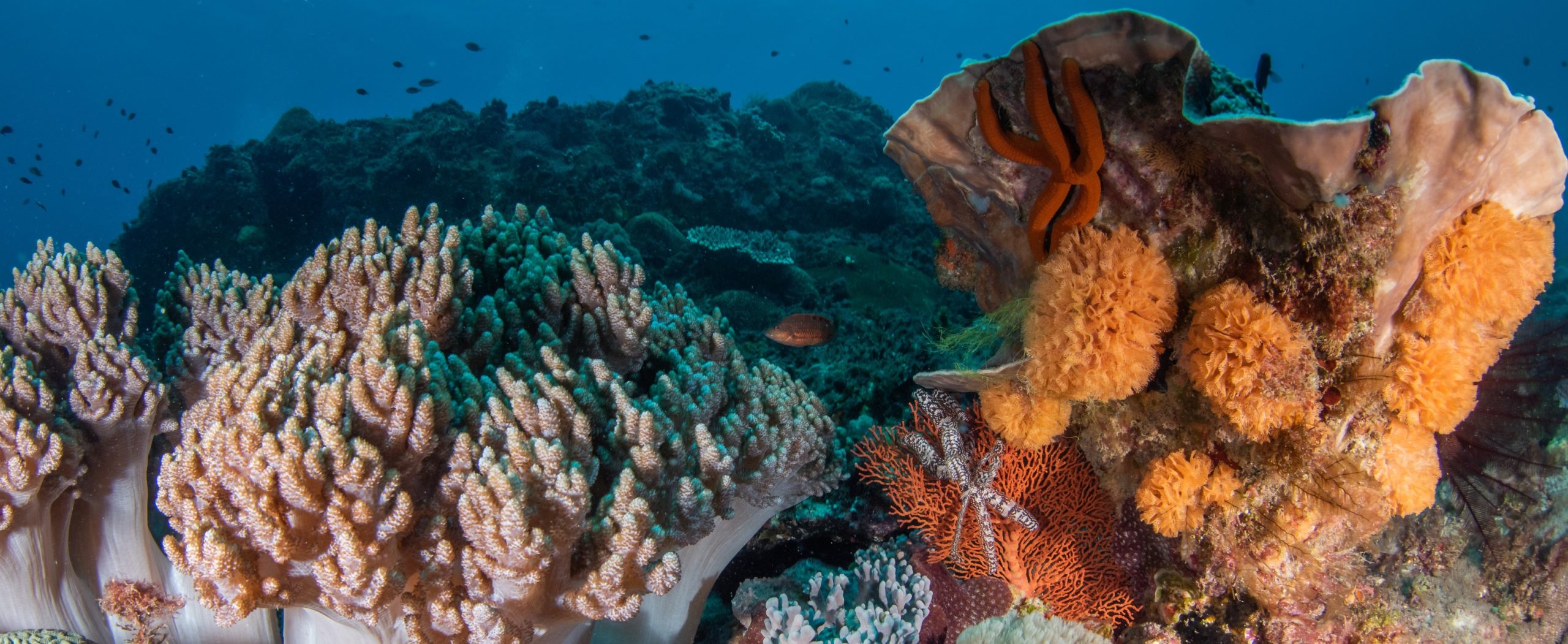On shallow rocky and coral reefs, cultural and recreational values, like aesthetics, are critical aspects of Nature’s Contributions to People (NCP) that support human well-being and provide billions of dollars in tourism revenue. Quantifying the aesthetic value of reef ecosystems and uncovering the conditions that enhance it could support NCP-based management. Here, we combine a global dataset of reef fish surveys, species-level aesthetic values, and causal modeling to assess the global status and drivers of reef fish assemblage aesthetic value. We find that aesthetic value is inherently linked to species richness, displaying a latitudinal gradient with peaks in the tropics, but varies strongly with the presence of exceptionally beautiful or less-beautiful species. Sea surface temperature, primary productivity, human gravity, and protection status are the strongest drivers of assemblage-level aesthetic value. Protection against human impacts consistently enhances aesthetic value by boosting taxonomic and phylogenetic diversity, and this effect is greatest in species-rich, tropical ecoregions. Economic development has little influence, indicating that low-income countries are not constrained from maintaining beautiful fish assemblages. Our results therefore suggest that marine protected areas (MPAs) can support multiple NCPs simultaneously, particularly in developing tropical countries. While we highlight the effectiveness of MPAs, given the low level of marine protection globally and the sensitivity of aesthetic value to environmental conditions, the beauty of the world’s reefs appears severely threatened. Aesthetic value should be immediately integrated into reef conservation and management plans.
